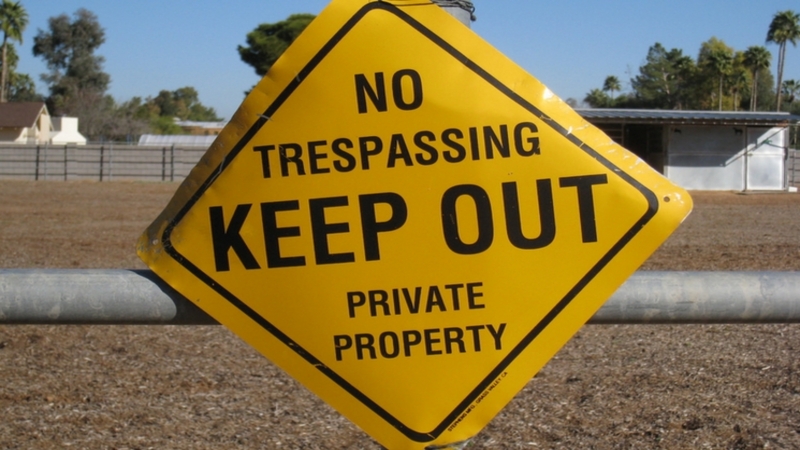Baini Prasad (D) Thr. LRs. vs. Durga Devi [Civil Appeal No. 6182-6183 of 2009]
Court should not ordinarily award damages instead of a mandatory injunction where a trespasser constructs a building
RELEVANT PARAGRAPH
20. The entire circumstances revealed from the
evidence on record unerringly point to the fact that the appellant had
encroached upon land belonging to the respondent and without bona fides
effected constructions which is verandah which is extension of residential
building. The object of estoppel, as held in Madanappa’s case, would be
defeated if the said illegality is recognized and allowance is granted
therefor. In the contextual situation, a decision of a learned Single Judge of
High Court of Andhra Pradesh in N.C. Subbayya v. Pattan Abdulla Khan (1956) 69
LW (Andhra) 52 extracted in agreement in the decision by the learned Single
Judge of High Court of Madras in the decision in Bodi Reddy v. Appu Goundan (1971)
ILR 2 Madras 155, is worthy to be looked into. In the decision the learned
Single Judge of the High Court of Andhra Pradesh after posing a question “has
the court an absolute discretion to award damages instead of a mandatory
injunction where there is a trespass by the defendant on the plaintiff’s land?”
held thus:-
“To say the building erected
in such circumstances should not be directed to be removed and only damages
could be awarded would, in my opinion, be ineffective, to sanction a
condemnation of the plaintiff’s property and an appropriation of it for the
defendant’s use…. To confine the relief to compensation in such a case is
tantamount to allowing a trespasser to purchase another man’s property against
that man’s will. No man should be compelled to sell his property against his
will at a valuation and no person should be encouraged to do a wrongful act or
commit a trespass relying on the length of his purse and his ability to pay
damages for it. To say that a small strip of building site could thus be
appropriated by a trespasser would be to admit a rule of law which can be
applied limitlessly. In cases of trespass, the Court should ordinarily grant an
injunction directing the defendant to remove the encroachment and restore
possession of the vacant site to the plaintiff. Neither serious inconvenience
to the defendant — trespasser nor the absence of serious injury to the
plaintiff is a ground for depriving the latter for his legal right to the
property.”
21. True that the learned Single Judge further held
that if the plaintiff is guilty of laches amounting to acquiescence or has
knowingly permitted the defendant to make the construction and made him to
incur heavy expenditure without protest or objection, mandatory injunction
could be declined and damages could be given…….
